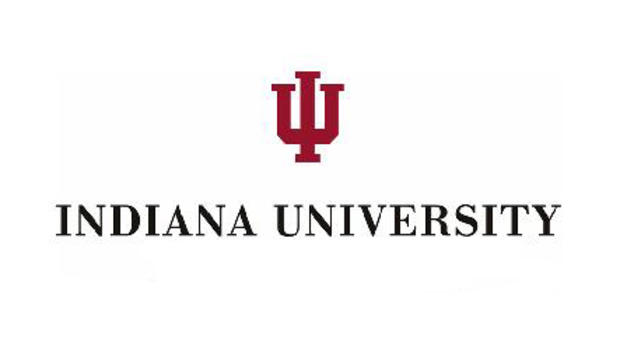A recent decision by a federal judge in the state of Indiana will allow Indiana University to continue using brains, livers and kidneys from aborted babies grisly experiments.
As LifeNews reported, Chief Judge Jane Magnus-Stinson of the U.S. District Court for the Southern District of Indiana sided with Indiana University researchers, arguing that most of the law was unconstitutional. The university sued the state in 2016 after lawmakers passed a law prohibiting the acquisition, receipt, sale or transfer of aborted baby body parts. Violations would be a felony.
The purpose of the law is to stop the sales of aborted baby body parts. It came about after a series of undercover videos by the Center for Medical Progress exposed Planned Parenthood and other abortion facilities potentially illegally selling aborted baby parts. Earlier in December, news broke that the U.S. Department of Justice officially is investigating the abortion chain.
Now IU can continue the grisly experiments and the ruling means Indiana is blocked from enforcing much of the law aimed at prohibiting the trafficking of parts from aborted babies in Indiana.
“We are gravely disappointed with this ruling,” Indiana Right to Life President and CEO Mike Fichter told LifeNews.com. “The purpose of the law is to prevent the trafficking of aborted baby parts in our state. Most of the safeguards in the law are now gutted due to Indiana University’s penchant for using the parts of aborted babies for experimental purposes.”
Fichter told LifeNews Indiana University sued to block the law due to its provision that prohibits the “acquisition, receipt, sale and transfer” of aborted fetal tissue. In its pleadings, IU acknowledged it obtains tissue from organs such as brains, livers and kidneys for experiments, but argued the law’s definition of fetal tissue is too “vague” when defining it as, “tissue, organs, or any part of an aborted fetus.” IU also argued that the definition of what it means to “transfer” aborted tissue is too “vague.”
He said Indiana University’s objections were more straightforward when it declared the statute, “builds a wall around Indiana and prohibits tissue from an aborted fetus from entering or exiting the state.”
SUPPORT PRO-LIFE NEWS! Please help LifeNews.com with a donation to share the pro-life message in 2018
“The language and intent of the law is clear,” says Fichter. “Yet due to courtroom wrangling over what a word like ‘transfer’ means, Indiana’s protections against body parts trafficking is now compromised.”
While undercutting much of the law’s effectiveness, Magnus-Stinson’s ruling does let stand provisions including the prohibition of selling aborted tissue or organs and the prohibition on altering the timing or type of abortion for the purpose of obtaining parts from aborted babies.
In a key setback for Indiana University, Magnus-Stinson rejected IU’s claim that the state law was unconstitutional because it allegedly violates IU’s right to academic freedom, noting the First Amendment does not prevent states “from enacting statutes prohibiting conduct in which the University would like to engage, and then teach about.”








